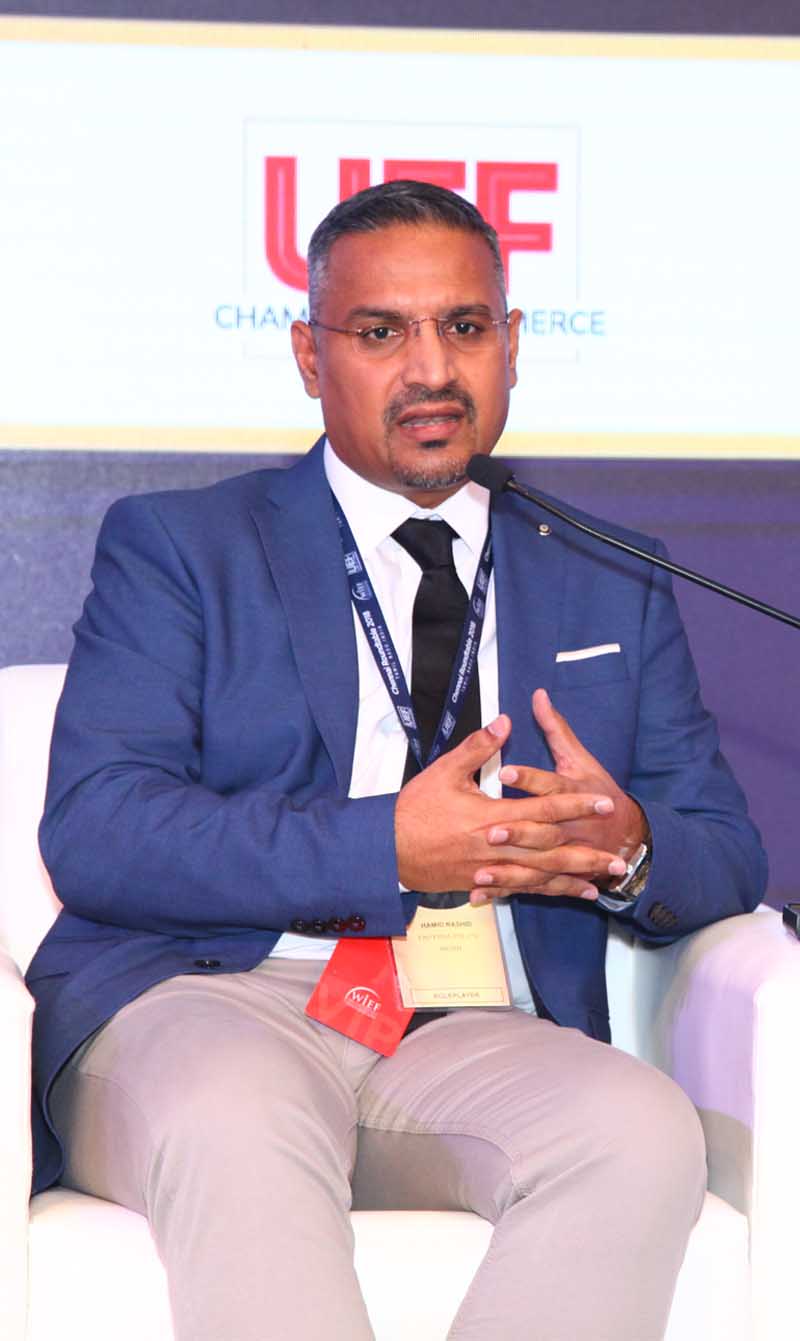The Promising Rejuvenator
Is the glass half empty or half full for Islamic finance? An expert, Professor Syed Othman Al-Habshi, indites its potential to be a rejuvenator of a stagnating global economy. This was first published in the second edition of WIEF In Focus magazine.
Asking about how Islamic finance (IF) can rejuvenate the stagnating economy, in particular Europe, is a very interesting question. The West has in recent years been involved in ‘Socially Responsible Investment (SRI)’ or sometimes in ‘ethical investment’. These are akin to Islamic principles but not 100 per cent. The United Nations has also introduced what is called the Social Development Goals (SDGs) that contains 17 different goals for human development.In terms of objectives, both the SRI and SDGs are very akin to Islamic objectives. However, the investment structures of SRI are certainly not based on Islamic principles. Similarly, with the SDGs. What we as Muslim scholars could do is to prove that the Islamic investment structures are more able to fulfil the objectives of SRI and Islamic development methods are more effective to achieve the goals of SDGs.
The other point that must be raised here is the fact that sukuk or Islamic bonds have been well accepted by a few non-Muslim governments such as the United Kingdom and Japan. Most of the corporations today are happy to invest in sukuk although they are not conducting other affairs in Islamic fashion. What I’m pointing out is that in order to rejuvenate the stagnating economy of Europe and elsewhere, we have to demonstrate the success of Islamic economics and finance to the point that they cannot reject.
Sustainable Traits of IF
The most important sustainable traits of IF are the requirements of justice to all parties and the integration between the real and financial sectors. Justice is the overarching requirement of every contract, every transaction involving different parties. These contracts are not only confined to financial but should extend to social, economic and even political spheres.
The integration of real and financial sectors will certainly reduce volatilities in the economy as experienced by the present system. The reduction of such volatilities will dampen the inflationary and other critical economic pressures. The economy would be more stable with growth rates that are moderate but positive.
Has or Will IF Impact the Economy?
On the global scale, IF constitutes only about one per cent of the world financial sector. Given such difference, it would not be possible for IF to influence the global finance. However, for individual countries, such as Malaysia, the IF assets have grown from around four per cent in 1990’s to around 28 – 29 per cent in 2018.
The reported rate of growth of IF assets hovers around 14 to 15 per cent compared to that of the conventional financial asset which grow at around seven to eight per cent. Based on such rapid growth there is every likelihood that the
IF assets in Malaysia will double every six to seven years. When this happens, there is also great likelihood that the Malaysians would opt for Islamic rather than conventional transactions in future. This will further push IF towards dominating the economy.
It is also believed that Indonesia is another country that will follow suit, as well as Turkey and other Muslim countries. In other words, what we need to do is to prove that IF is here to grow and help sustain the economy of such countries.
I think, in the next five years, there is every likelihood that IF in Malaysia and in some other Muslim countries will demonstrate its potential to dominate the respective economies. IF may not yet dominate any economy in five years but it will be close to achieving it. This will bring a very significant impact on the thinking of the conventional economists who have started to question the problems of the conventional economic system.
Next Steps for IF: Fintech and Innovative Products
Apart from ensuring current growth patterns, IF must be able to innovate new structures and products that further integrate the real and financial sectors so as to move to a new level. This is very important because IF has received criticisms in not innovating new products that could propel itself to new heights.
Fintech will have to be embraced somehow for many reasons. The populace will need it. The financial institutions have to embrace it to meet the demands of the consumers. More importantly, fintech is opening up a new space for IF, namely, the voluntary sector that will see growing at tremendous speed.
The voluntary sector, particularly waqf or Islamic endowment will be a very important vehicle of economic development when fintech is fully embraced. It will catalyse the voluntary transfer of funds from surplus to deficit units. This can happen because fintech allows transparency of information through blockchain technology that increases the trusts of donors. Every donor knows where and how his donation goes and being used.
The free flow of such information will rapidly escalate the waqf development that will spur the economy. Waqf being an Islamic structure will naturally require Islamic financial instruments to be adopted. Hence, I foresee the significant contribution in the further development of IF.
Last Words
Theoretically, IF has been mathematically proven to be a resilient finance system. However, in practice it has not been able to move away from the clutches of the conventional system. It cannot be denied that there is no complete Islamic finance system in practice today. The countries that practice IF do practice the dual economic system. This is the biggest challenge because the customers tend to compare between the two similar products. Despite this big challenge the recent financial crises have proven that the IF has been least affected.
To me, the development of voluntary sector that is integrated with fintech is going to escalate the IF in the future. Secondly, innovative financial products and instruments that strongly integrate the real and financial sectors will be the answer to sustainable and resilient IF in the future.





